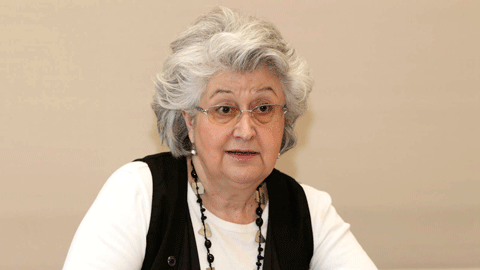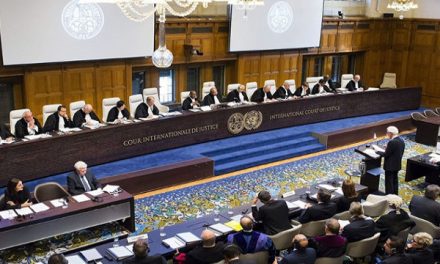Teresa Freixes, Professor of Constitutional Law at the Autonomous University of Barcelona and full academician of the Royal European Academy of Doctors-Barcelona 1914 (RAED), has reiterated during a lecture delivered on 27 November at the Ateneo de Madrid the need to promote a unique educational model in Spain that ends with the current total of 17, one for each Autonomous Community, under the parameters of freedom and construction of a critical spirit that mark the main international treaties on education signed by Spain.
“We are painfully sick that education is serving as a manipulative instrument of our youth and does not prepare them for an adult life based on the free development of their personality, founded on rights and obligations”, Freixes began his reflection on the speech “Educación en libertad” (Education in freedom). For the academician, both the different governments of the State and of the Communities have prioritised partisan interests in their educational policies.
“Since we were able, by virtue of hard work, to establish democracy and approve the 1978 Spanish Constitution, education has been the most ideologised workhorse of social and political debate: parties of the left and right, nationalists… each has focused its interests in the field of education, without sometimes taking into account that the educational model is the fundamental pillar not only for the formation of the person, but for the construction of citizenship”.

Dra. Teresa Freixes Sanjuán
“According to how successive generations have been educated, societies, peoples, nations, states and empires have been built or destroyed. The problem we have suffered is that, whether or not we are aware of it, the promoters of the successive reforms and counter-reforms have taken better account of their partisan interests, trying to build their own societies, that the formation of them what Bobbio defined as participatory citizens, free and conscious and Habermas claimed as democratic subjects of constitutional rights of which one could be patriotically proud”, reflected Freixes.
The thinker appealed to the Spanish State to assume the full powers of education that the Constitution allows to build a unique model based on the Universal Declaration of Human Rights, the European Convention on Human Rights, the jurisprudence of the Court of Strasbourg, the International Convention on Civil and Political Rights, the International Covenant on Economic, Social and Cultural Rights, the European Social Charter and the Unesco Convention against Discrimination in the Sphere of Education.



